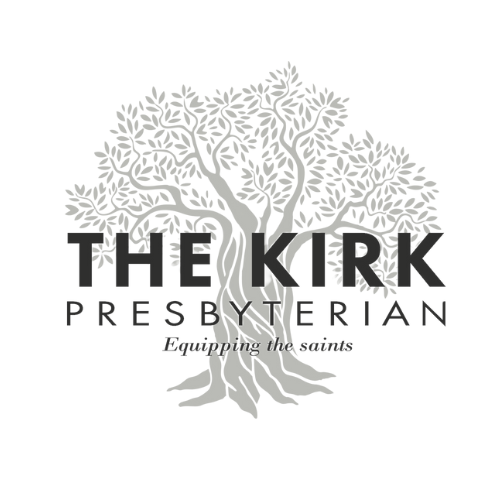April 9th, 2024
by Philip Ryan
by Philip Ryan
This past week we started reading the book of Psalms, which got me thinking, “How should you read the Psalms?” Many of you might know that the Psalms are songs and have been described as the church’s hymnal. Maybe it is because it does not include musical notes that we don’t realize we are reading song lyrics. Here we have some of the most beautiful and emotional language in the Bible and simultaneously the most difficult. For example, we start them with “Blessed is the man who walks not in the counsel of the wicked, nor stands in the way of sinners, nor sits in the seat of scoffers; but his delight is in the law of the LORD, and on his law he meditates day and night” (Ps 1:1-2). How warm, encouraging, and beautiful these opening lines are. We can think of dozens of others like Psalm 23, 30, 34, 42, 119, 145, etc. Then there are Psalms like 137:9, “Blessed shall he be who takes your little ones and dashes them against the rock!” The imprecatory Psalms' calls for judgments and cursing of enemies have long vexed readers and preachers alike.
Here are a few recommendations on how to read the Psalms.
Here are a few recommendations on how to read the Psalms.
- Don’t just read them, live them. Here I am paraphrasing Luther. This could be said of all the Scriptures but especially the Psalms memorize them, meditate on them, savor them, for they will give you words to pray, praises to sing, petitions to cry out, and protests against injustice and evil.
- Sing them - If you attend evening worship at the Kirk, you know we always sing a psalm during that service. The Protestant Reformation reformed not just theology but worship practices and the Reformed went furthest in those reforms. Our forebears viewed singing of the psalms as vital, in many cases singing them exclusively, to the right worship of God. One scholar commenting on the Huguenots, the French Reformed, wrote, “the distinguishing mark of Reformed worship and the cri de coeur of embattled French Protestantism.”
- Read them Christocentrically - that means read them with Christ in mind. First, many Psalms point to Christ, for example, Psalm 2 and 110. Second, many Psalms were quoted by Christ, for example, Psalm 22 and 110. Jonathan Edwards described this perfectly when he wrote, "The main subjects of these songs were the glorious things of the Gospel, as is evident by the interpretation that is often put upon them, and the use that is made of them, in the New Testament. For, there is no one book of the Old Testament that is so often quoted in the New as the Book of Psalms. Here Christ is spoken of in multitudes of songs."
I hope these thoughts will help you as we read the hymn book of Scripture together.
Philip Ryan
Recent
Archive
Categories
Tags
2023
Admin Assistant
Assistant Pastor
Bible
Building Update
Death of Christ
Direction
Discipleship
Equality
Exclusive Psalmody
Fall
Gentleness
Give
God thinking
God
Heaven
Hockey
Humility
Ice Cream
Inclusive Psalmody
Inspiration
Job opening
Kids
Math
Men
Neil Stewart
Parenting
Passover
Psalm 139
Psalmody
Regulative Principle
Sin
Theology
Women
connect
delight
grow
leadership
multiply
praying
steeple
walking

No Comments